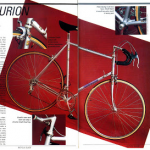 Centurion bicycles was a brand created in 1969 by Mitchell (Mitch) M. Weiner and Junya (Cozy) Yamakoshi, who co-founded Western States Import Co. (WSI) in Canoga Park, California (initially Wil-Go Imports) to design, specify, distribute and market the bicycles. The bikes themselves were manufactured initially in Japan by companies including H. Tano Company of Kobe and later in Taiwan by companies including Merida. The Centurion brand was consolidated with WSI’s mountain bike brand Diamond Back in 1990. WSI ceased operations in 2000.
Centurion bicycles was a brand created in 1969 by Mitchell (Mitch) M. Weiner and Junya (Cozy) Yamakoshi, who co-founded Western States Import Co. (WSI) in Canoga Park, California (initially Wil-Go Imports) to design, specify, distribute and market the bicycles. The bikes themselves were manufactured initially in Japan by companies including H. Tano Company of Kobe and later in Taiwan by companies including Merida. The Centurion brand was consolidated with WSI’s mountain bike brand Diamond Back in 1990. WSI ceased operations in 2000.
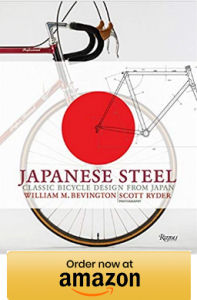
Raleigh Industries of America had been looking at a Japanese source for their Grand Prix model. Mitchell Weiner–then an importer of odds and ends like plastic binders, locks and door stops–got a request from the British bicycle firm to bring in 10-speeds from the Far East. Raleigh America ordered 2,000 bicycles from Tano and Company of Osaka but their parent company in England, TI-Raleigh, disapproved — concerned that the Tano-built bikes were too well made and would have outsold their own British bikes.
MITCHEL WEINER: RALEIGH SALES AGENT
Raleigh’s sales agent, Mitchell Weiner, who was reading The New Centurions at the time, took receipt of the bikes, placed Centurion decals on the bikes and marketed them successfully, subsequently forming Western State Imports after merging with Rick Wilson’s company, Wil-Go of Santa Clara, California. Because the bikes had all been intended as Raleigh Grand Prix models, as Centurions, they carried the colors of the Raleigh America Grand Prix model.
Cozy Yamakoshi served as the company’s product development manager, designing the bike’s frames, coordinating the manufacture of the bikes by Japanese manufacturers, and importing the bikes into the US. Subsequently, around 1986, Centurion introduced their first Taiwanese built model, the Signet. The Cinelli Equipe Centurion of 1985 (only) was a joint-venture of WSI and Cinelli of Italy.
MORE EXPENSIVE MODELS
The first models of the Centurion line had high-tensile steel frames. In the late 70’s and early 80’s Centurion began building more expensive models, like the Professional and Semi-Professional in the late 70’s. The Pro-Tour began in the late 70’s to early 80’s. The Comp TA and Turbo models presented in the early 80’s. These models show cased Tange’s high end tubing, Champion #1 or Champion #2 (slighty heavier). These tubings were double-butted, seamless chrom-moly (CrMo) steel alloy.
1970s Centurion bikes had a single-color frame, typically featuring a five-speed freewheel. Late-1970s models featured two colors on the frame, with the head tube a contrasting color to the rest of the bike. The components on the Centurion frames at this time were a mix of SunTour, Sugino and other brands.
LIMITED TO THE WEST COAST
Early bike sales were limited to the West Coast, with the brand receiving wider exposure by the late 1970s. WSI stopped using the Centurion brand name in 1990, consolidating their road and touring bikes under the Diamond Back (later DiamondBack) brand. While the brand Centurion had become well known, under the new brand name the company’s market for road and touring bicycles soon evaporated.
Early Diamond Back models (ca. 1990) carried a top tube decal reading “Centurion Designed” and stickers near the bottom bracket reading “Designed in the USA” and “Exclusively built for WSI.” Diamondback Bicycles was eventually sold to Raleigh USA, and manufacture was moved to Taiwan.
NEW OFFICES OPEN UP
WSI later opened an office in Van Nuys, California, and eventually maintained offices in Dallas, Texas, Denver, Colorado and Dayton, New Jersey — in addition a headquarters in Newbury Park, California. After Weiner died, the company continued its growth under the management of Mike Bobrick.
Mitchell was quoted as saying, “I’ve never been a bicycle nut or anything, but the business has been good to me,” said Weiner, at the time 54, a Romanian immigrant who spoke with a light accent. Weiner bicycled occasionally on weekends, but usually got around in a Mercedes-Benz sedan bearing the license plate BKE KING.
Cozy Yamakoshi was the product development and designer manager. He worked with Mike Bobrick Executive President of WSI and Sandy Finkelman (1947–2005) Diamond Back team manager and product developer. Cozy left Diamond Back in 1986 to start Parkpre Mountain Bike in 1989.
PARKPRE USA
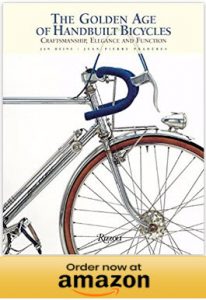
Parkpre USA was based in Moorpark, Southern California, USA, producing bikes from the early 1990`s until sometime in 1998 when they closed.
The actual name of the business was Integra Precision Corporation but it would not fit on the down tube. The Parkpre name came from Cozy`s friend and mentor, Mr. Park, who was originally from Korea but changed his name upon moving to Japan. The Pre part of the name caused some concern with the Pre Skis company. They were under the impression that it was taken from their company’s name.
Parkpre frames were made at the Fairly Bike Manufacturing Co Ltd factory in Taiwan, where Cozy had a relationship. Cozy designed a few other products such as the original Timbuk II tyre. He was also involved with the Porcupine tyre.
WRONG DECISION
A gentleman from California originally designed Pulstar Hubs. These hubs were featured on many Parkpre bikes. However, Cozy took the design overseas and had them mass-produced for the inventor. This eventually turned out to be the wrong move since the bearings and races used were of inferior quality. The hubs failed long before the wheelset should have.
Mr. Yamakoshi was a famous frame designer before starting his own company. He built frames for REI under their own brand name Novara. He also designed and built the Kastle ski brand bike.
Cozy Yamakoshi Had 30 Years in the Industry
Cozy has been in the bicycle business for over 30 years and was a Product Development manager at Western States Imports. WSI was the company who imported Centurion and Diamond Back bicycles. He was also instrumental in the manufacturing of BMX bikes in Japan and importing them to the United States.
The H. Tano Co was a major exporter of bicycles, parts and accessories. Mr. H. Tano`s two sons, Isao & Masahiro, were both active in the business. They were the major supplier for Western States Import (WSI) while Mitch Weiner was alive. Mr. Mukai was the key man in the Kobe office and had a great knowledge of the Japanese bicycle industry.
The rights to the brand name Centurion were sold to Germany’s Wolfgang Renner [ in 1991. Renner had imported Centurion to Germany since 1976, including models like the first German mountain bike the “Country”. Today, Centurion remains as a German brand with design and engineering in-house.
CLICK ON ITEM FOR MORE INFORMATION
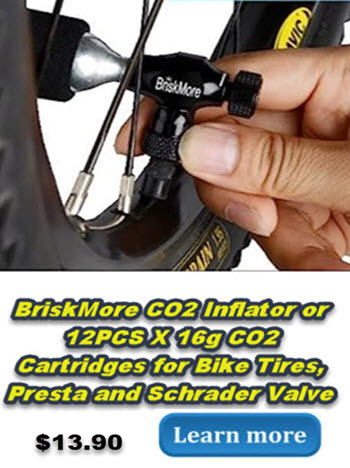 |
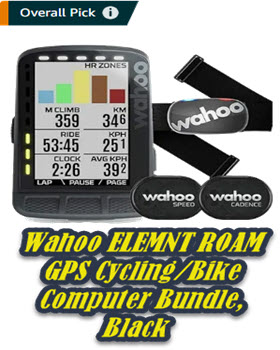 |
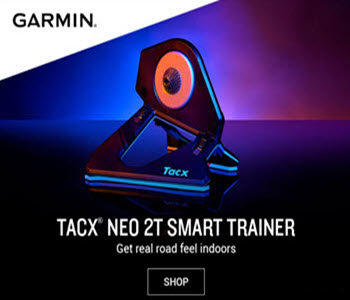 |
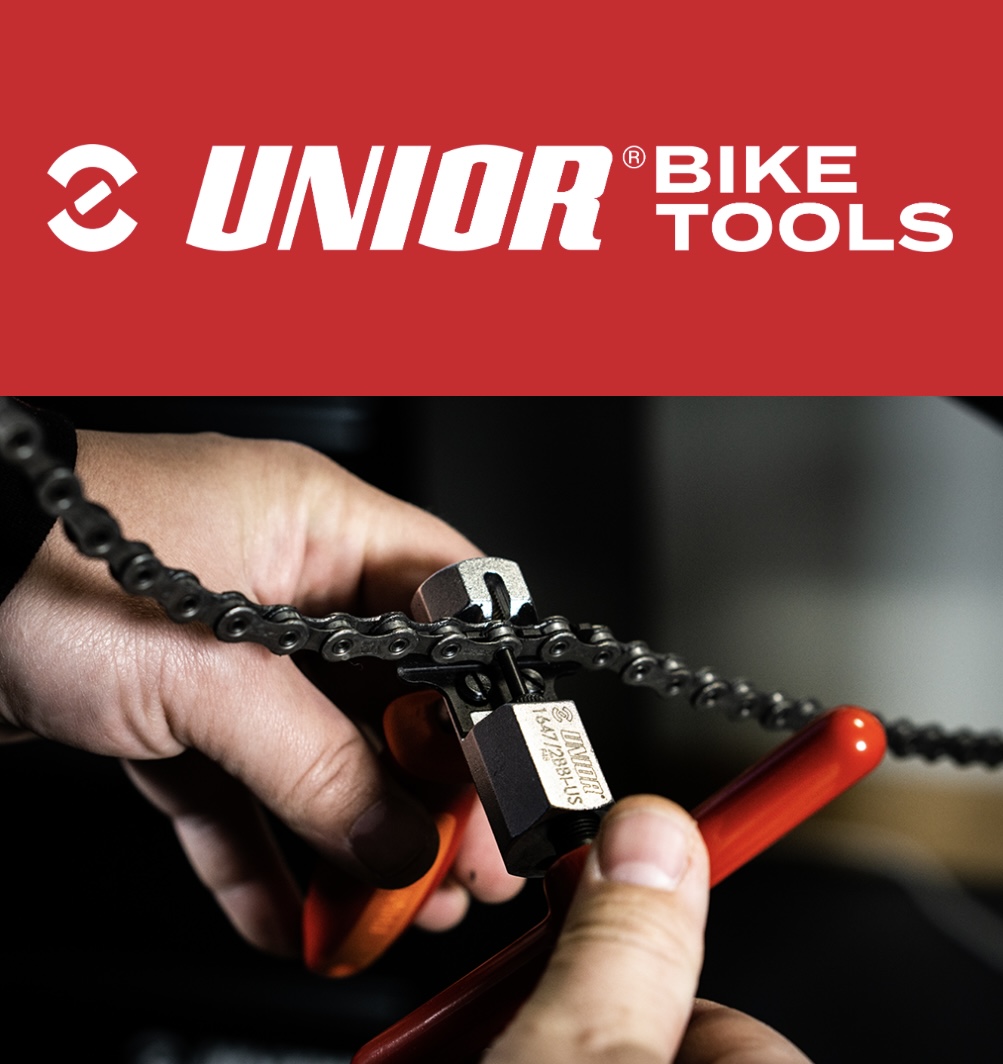 |
We link items through our Amazon Affiliate Links. What are Amazon affiliate links? It’s a way for you to help your favorite creators! It doesn’t cost you anything to use our links and we will get a small % of the sale. You can actually go to another item you were going to buy anyway and tell us thanks by using our link. It’s a win win! We give info and our time, you buy what you need. Thank you for your support.
